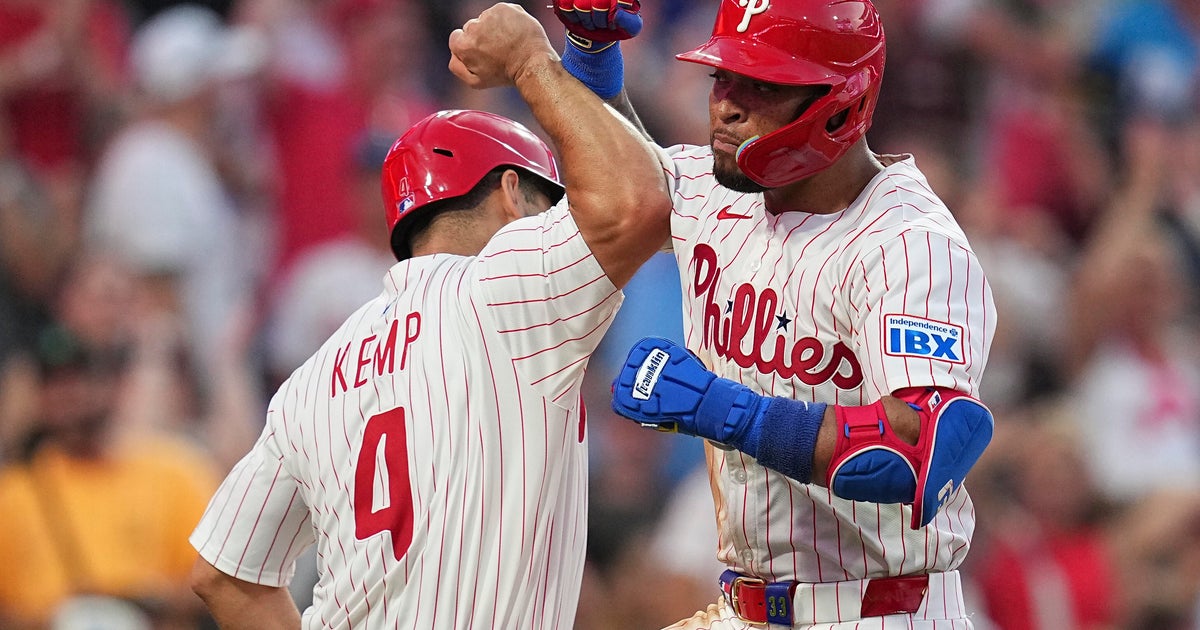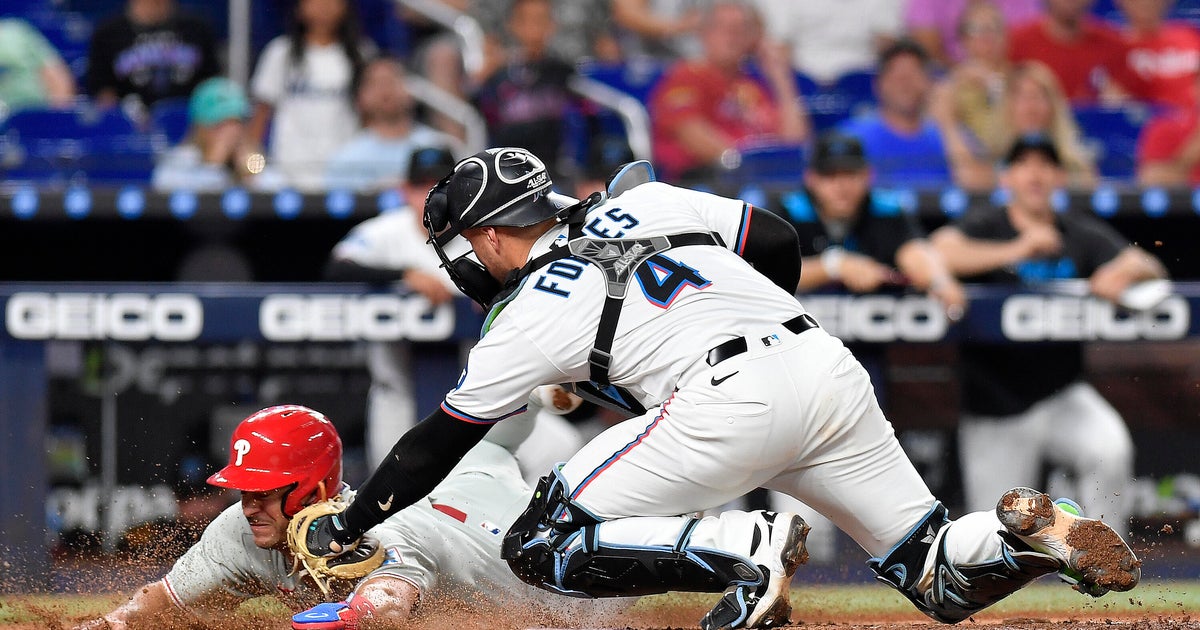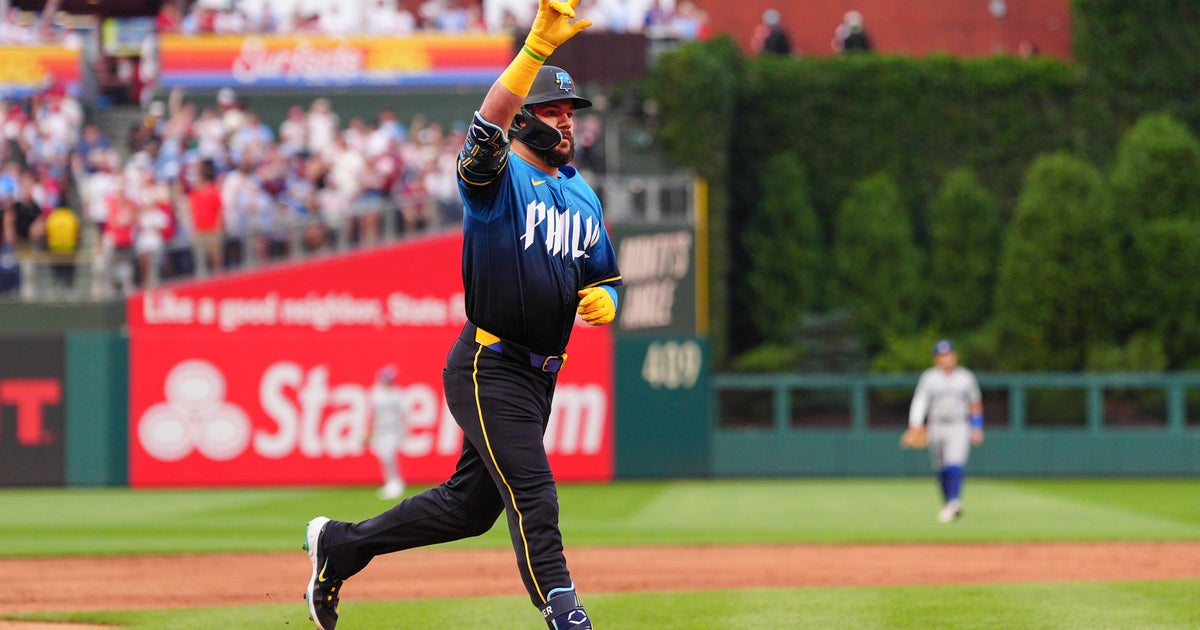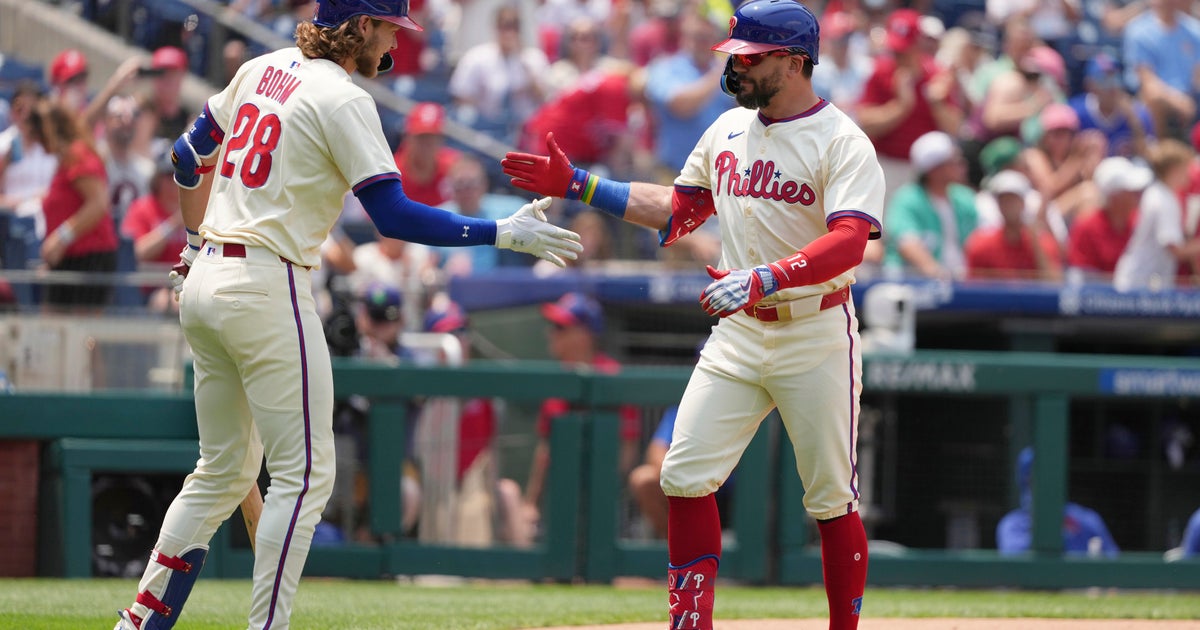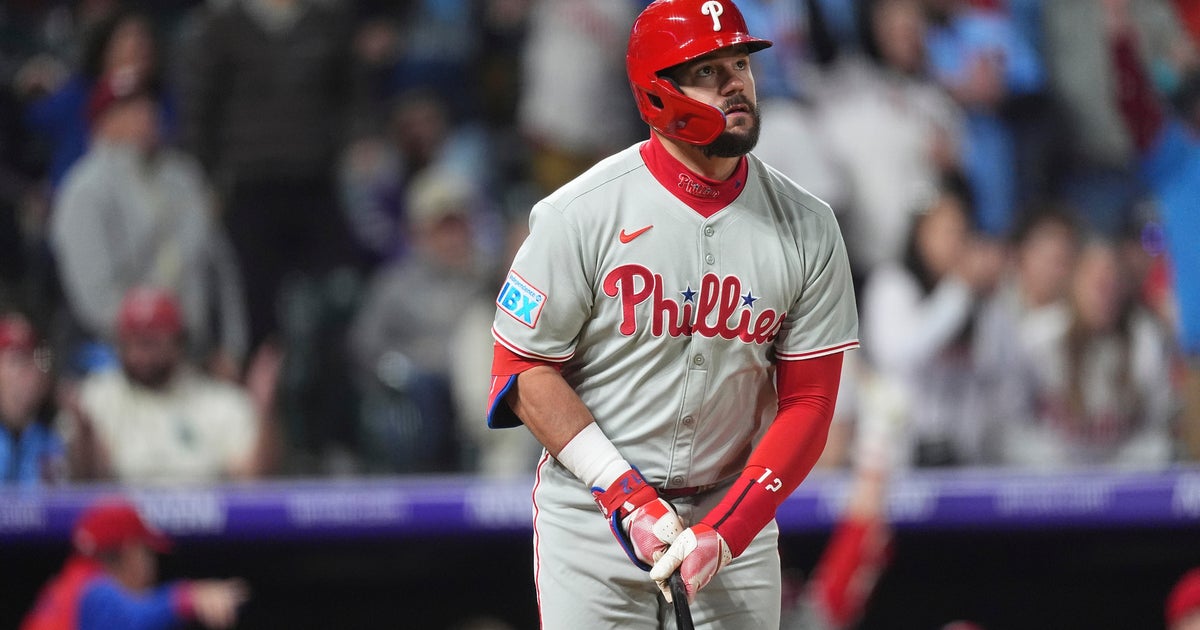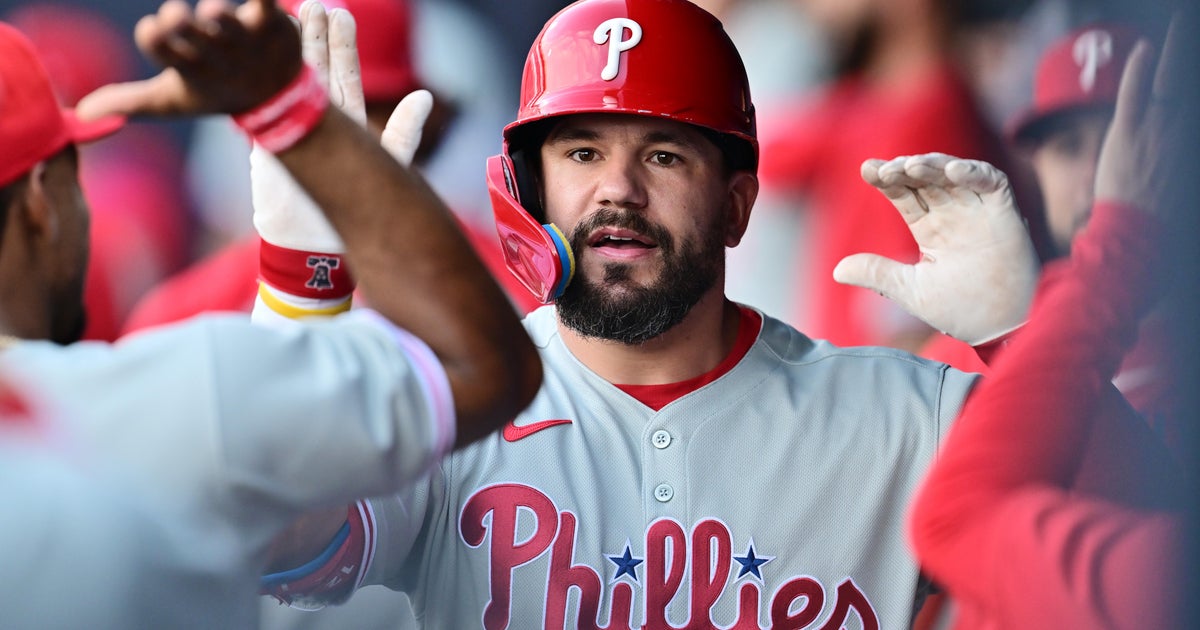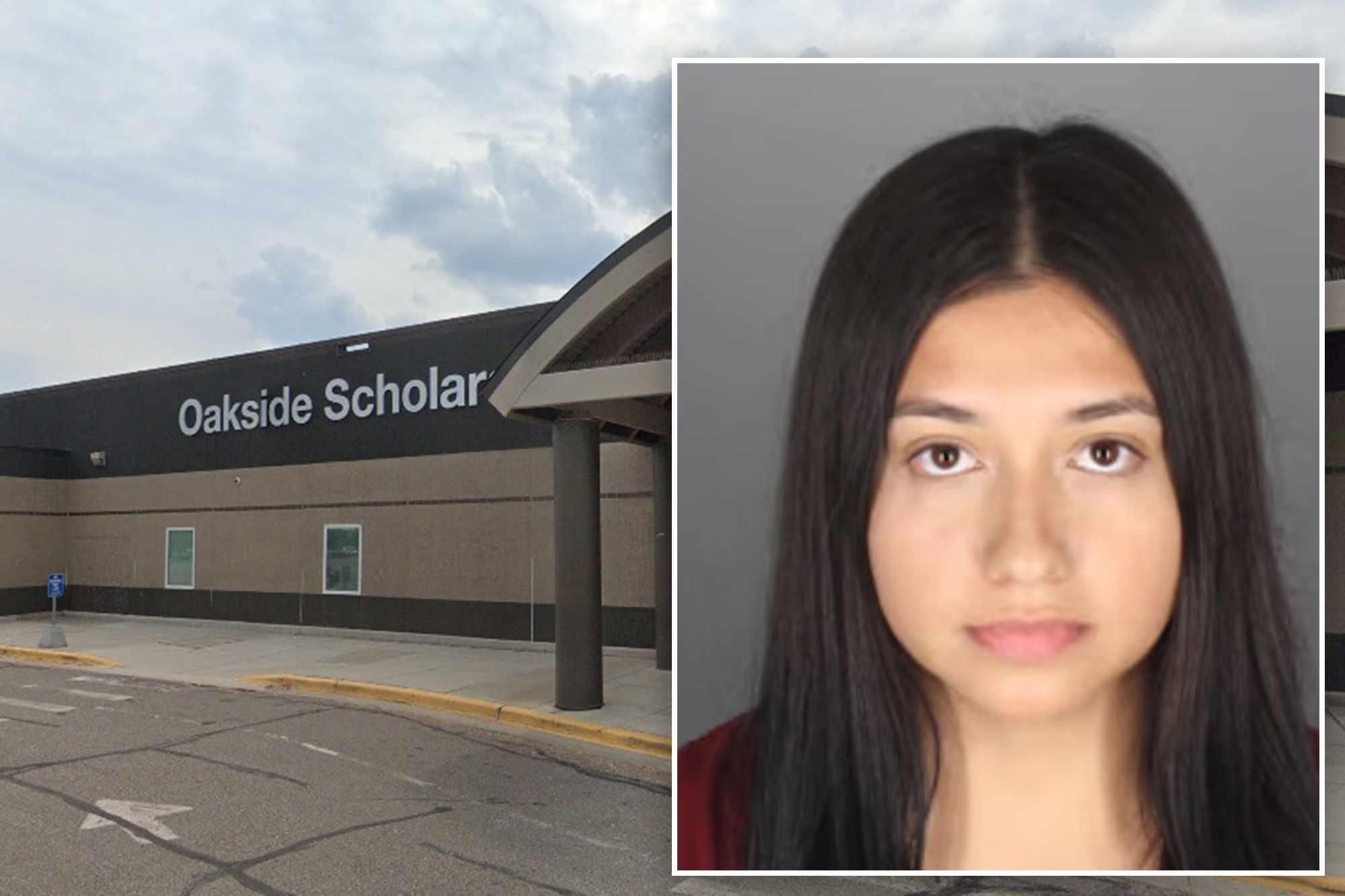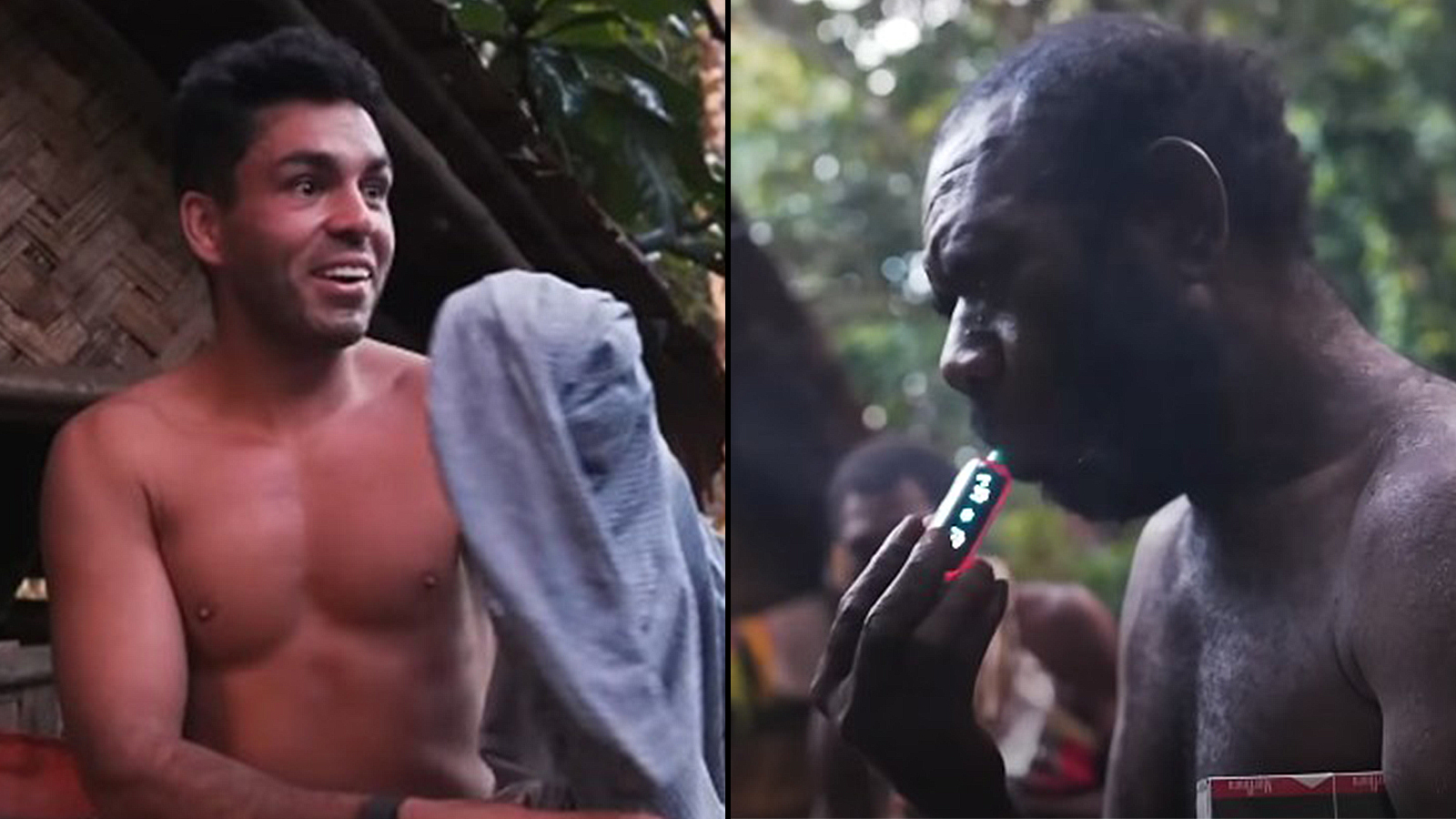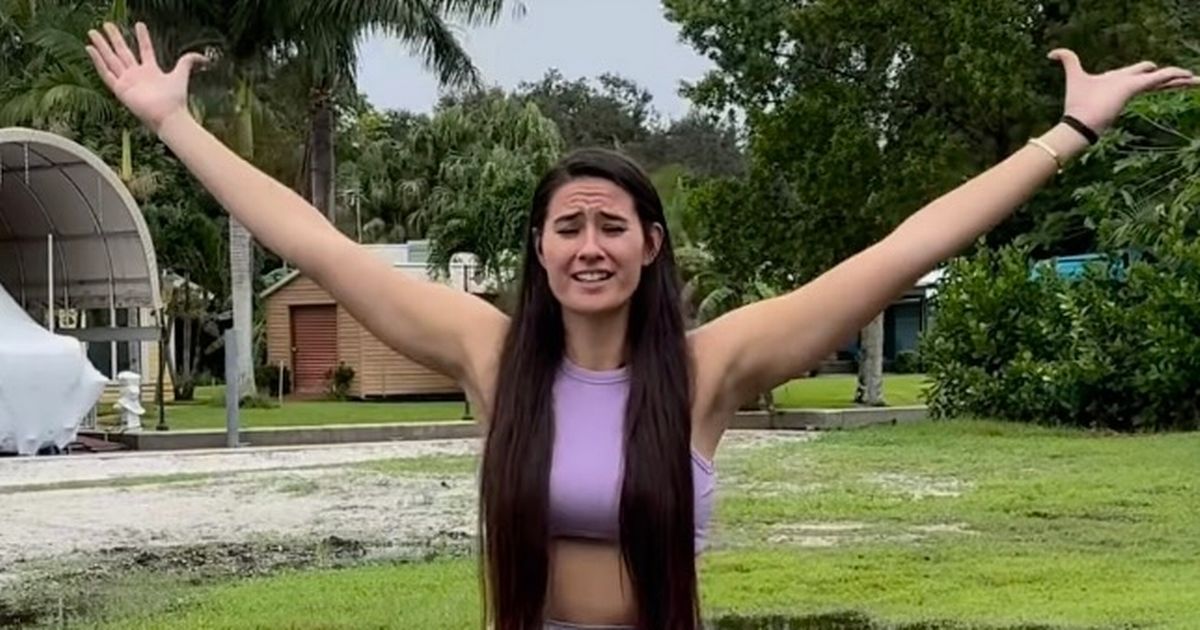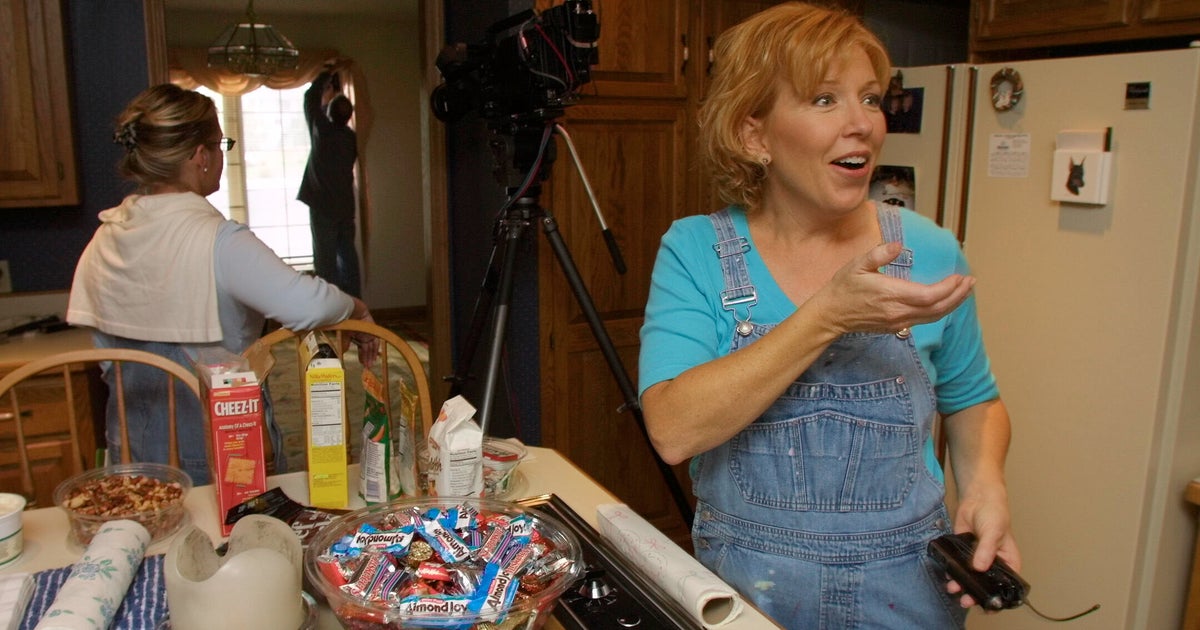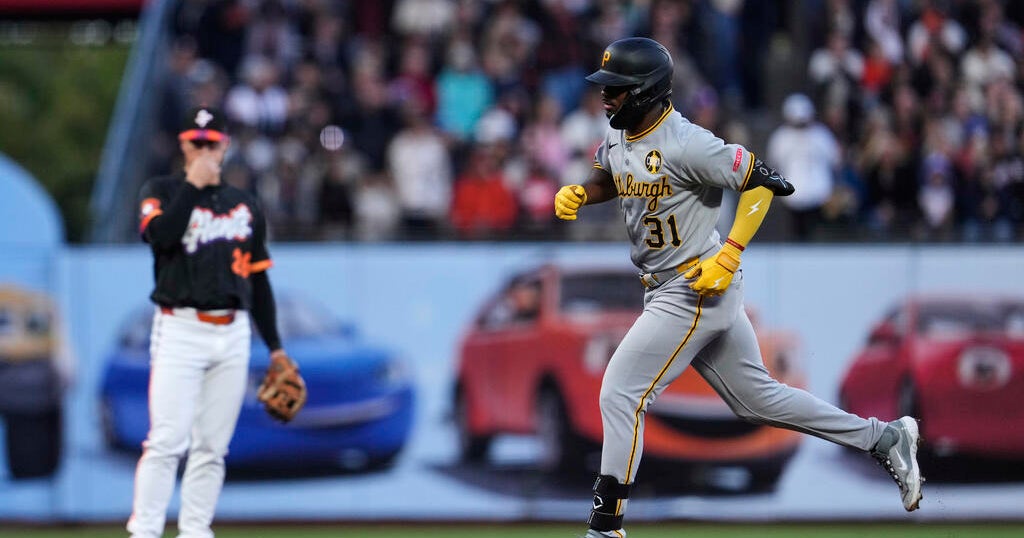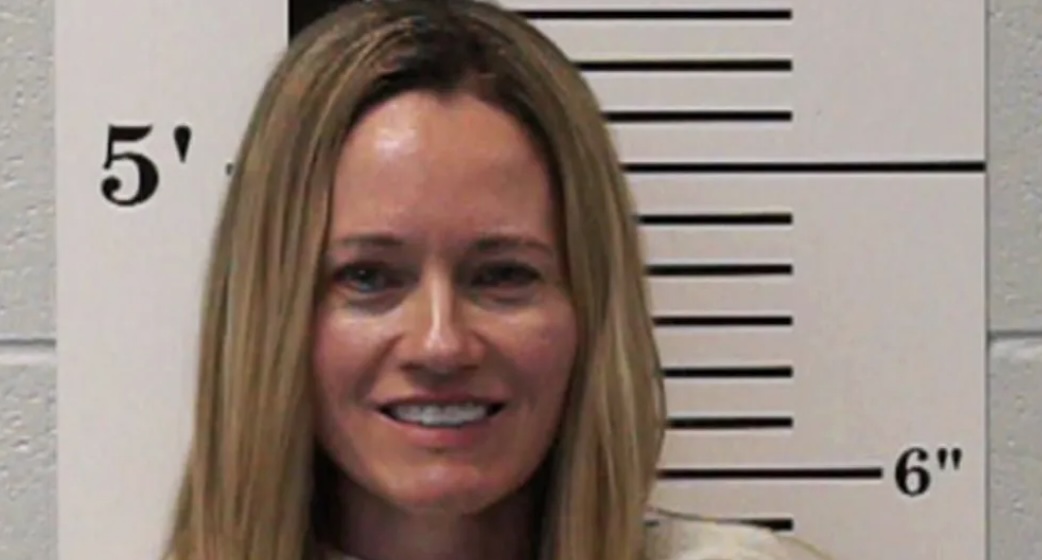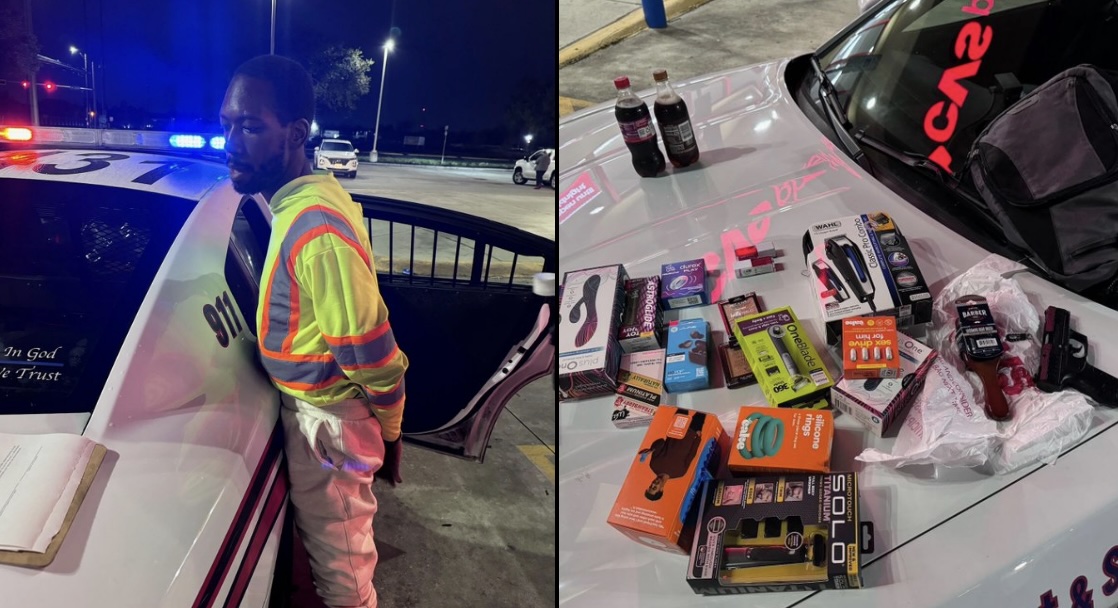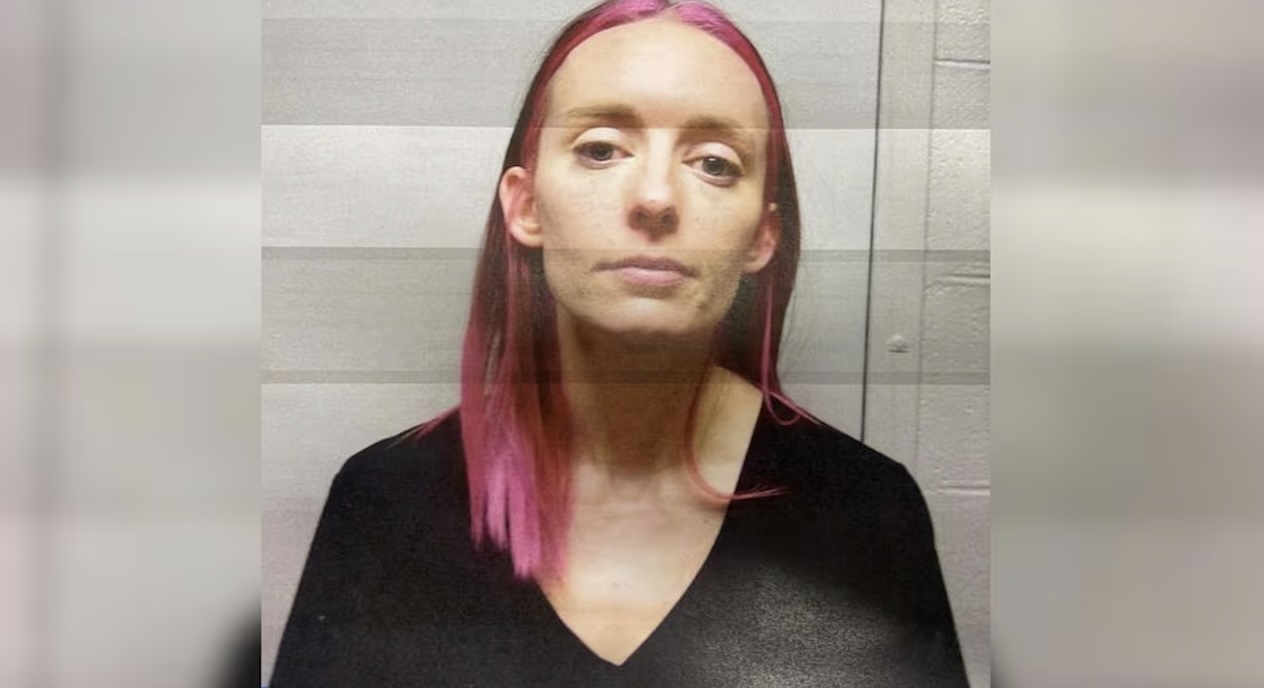National League Triumphs in Historic All-Star Game Home Run Swing-Off
Kyle Schwarber delivered a stellar performance, going three for three in the inaugural All-Star Game home run swing-off, propelling the National League to a 4-3 victory after a dramatic 6-6 tie. This tie was marked by an impressive comeback from the American League, which had initially trailed by six runs on Tuesday night.
In a format reminiscent of soccer's penalty shootouts, the game concluded with three batters from each league taking three swings each, a change implemented in 2022 to address concerns about pitcher fatigue.
Despite not recording a hit during the game, Schwarber was named All-Star MVP, having walked once and gone 0 for 2 at the plate.
Brent Rooker ignited the American League's offense with back-to-back homers on his final swings, while Kyle Stowers, stepping in for Eugenio Suárez, also contributed with a home run.
Randy Arozarena extended the AL's lead to 3-1 before Schwarber showcased his power, successfully connecting on all three swings, including a spectacular shot that landed in the Chop House seats.
Jonathan Aranda struggled, failing to connect on any of his swings and hitting the right-field wall on his second attempt. The NL's victory was secured without needing to call upon two-time Home Run Derby champion Pete Alonso, marking only their second win in the last twelve All-Star Games. The American League still leads the series 48-45 with two ties.
Ketel Marte's two-run double in the first inning set the tone for the NL, followed by Alonso's three-run homer off Kris Bubic and Corbin Carroll's solo shot that established a commanding 6-0 lead by the sixth inning.
The American League's resurgence began with Rooker's three-run pinch-hit homer against Randy Rodríguez during a four-run seventh inning that also featured Bobby Witt Jr.'s RBI groundout.
In a tense ninth inning, Robert Suarez allowed consecutive doubles to Byron Buxton and Witt, leading to Steven Kwan's infield hit that drove in the tying run.
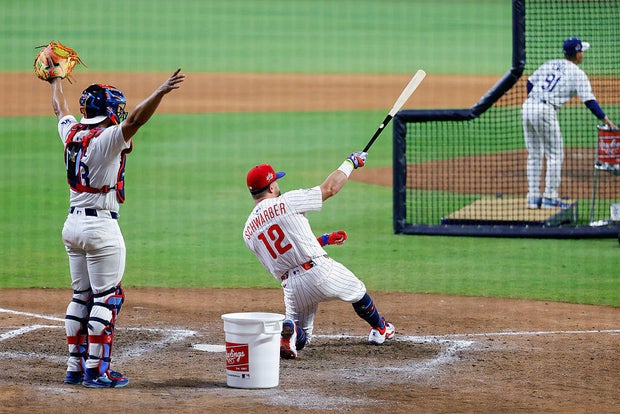
Joe Torre, the legendary former Yankees manager at 84 years old, made a notable pitching change in the eighth inning, replacing Shane Smith with Andrés Muñoz. Torre was selected as a coach by current Yankees manager Aaron Boone, who led the AL team.
Paul Skenes made history as the first pitcher to start the All-Star Game in each of his first two seasons, striking out Gleyber Torres and Riley Greene in a flawless first inning that included an inning-ending groundout by Aaron Judge. The young right-hander reached speeds of 100 mph on four of his fourteen pitches.
Jacob Misiorowski, whose selection raised eyebrows after just five major league appearances this season, impressed with nine pitches exceeding 100 mph during a one-hit eighth inning. The 23-year-old righty, added to the NL roster by Commissioner Rob Manfred, clocked in at an impressive 102.3 mph.
The game featured 21 pitches of 100 mph or more, slightly down from last year's record of 23 but an increase from previous years: 13 in 2023, 10 in 2022, and just one in 2021.
In a historic first for the All-Star Game, four out of five challenges were successful with the introduction of the Automated Ball-Strike System. Seattle catcher Cal Raleigh initiated an appeal in the first inning that resulted in a strikeout for Detroit's Tarik Subal against San Diego's Manny Machado.
Athletics rookie Jacob Wilson also made history as the first batter to call for a challenge, successfully reversing a strike call on a fastball from Washington's MacKenzie Gore in the fifth inning. Mets closer Edwin Díaz and Blue Jays catcher Alejandro Kirk also won their challenges, while Marlins outfielder Kyle Stowers faced defeat in his attempt.

